TUTTI I DIRITTI RISERVATI © 2024


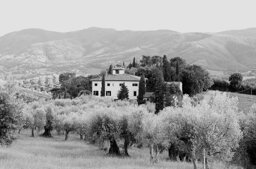
TOO MANY SECRETS
AN UNEXPLAINED DEATH IN HIGH SOCIETY AT THE CENTER OF A COMPLEX INVESTIGATION
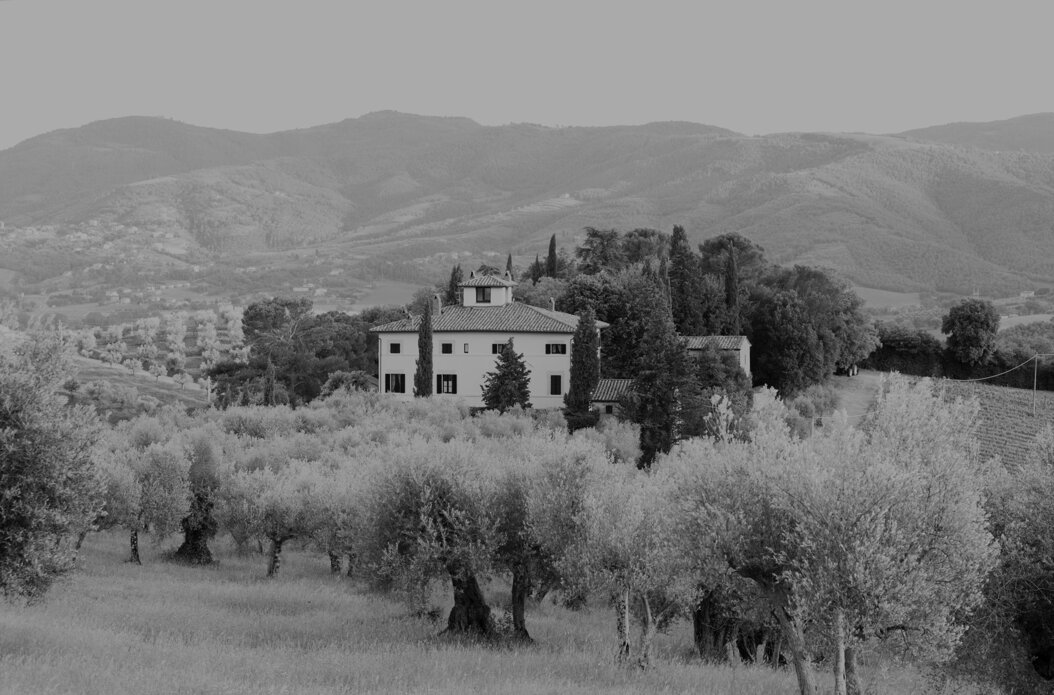

The story begins here...
The rumbling of the FIAT 1100 halted with a shudder, and Luigi Mari breathed a sigh of relief. He rolled down the window, clearing away the layer of dust that had coated the glass on the road from Fiesole. "Thank goodness we’ve made it, my dear." His wife Iolanda, who was more mindful, already had her compact mirror in hand and had begun her usual routine, which would conclude with a touch-up of her lipstick under the veil of her hat. "I told you the trip from the Lungarno in Florence would be short," she replied with an exhale. The taxi driver emerged from the car to ring the bell attached to a column of the imposing main gate. Leaning out the window, Mari observed the large agave plants spread out between the boundary wall and the fortification of the gatehouse, softened by a bed of geraniums and caper bushes.


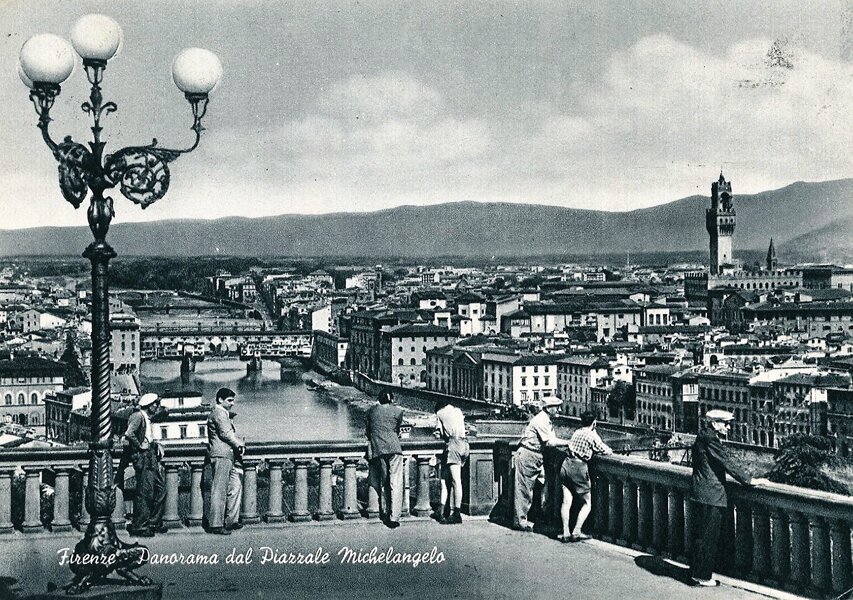


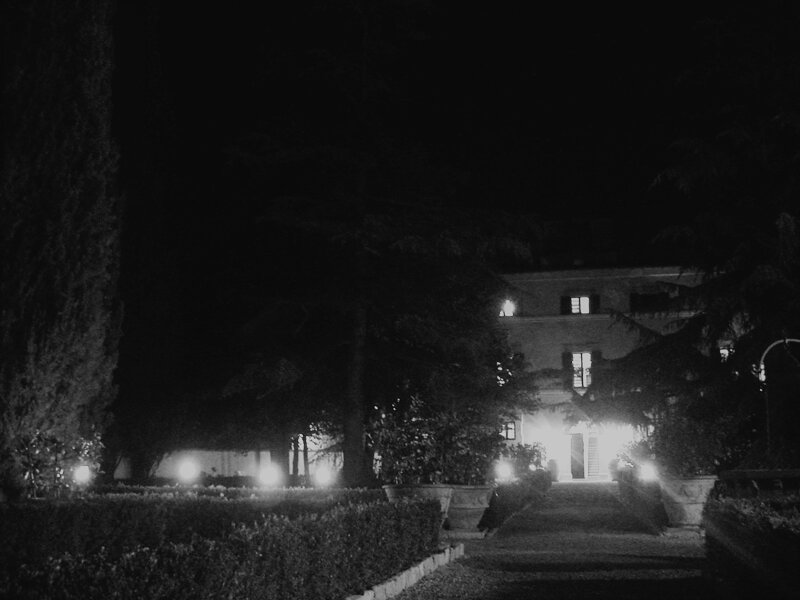
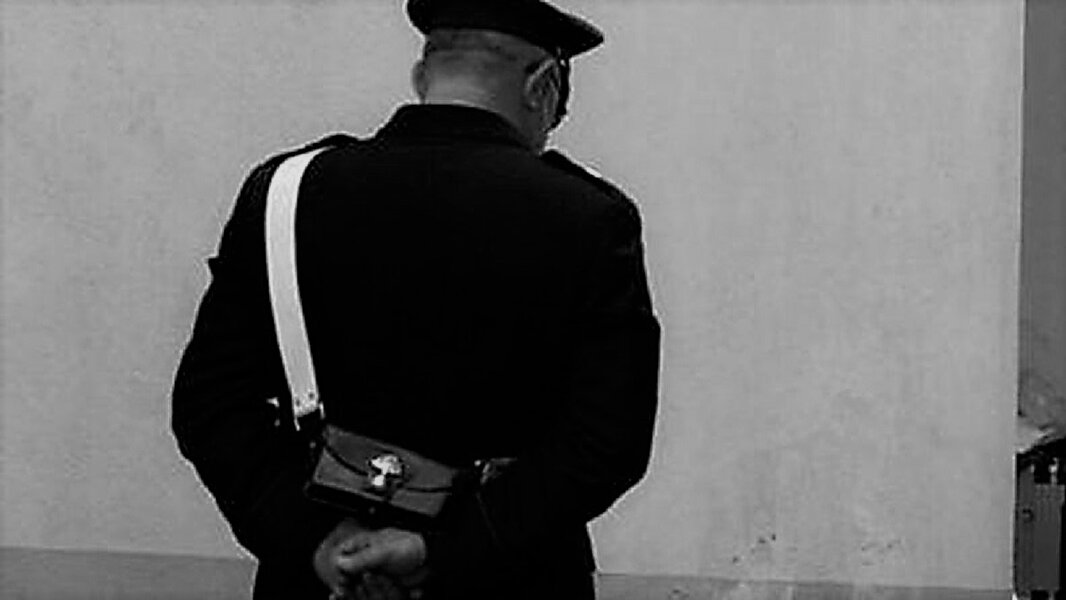
A mystery in Tuscany
An unexpected investigation for Colonel Mari and his wife. Invited to a villa outside Florence by an American journalist friend, they—along with ten other enigmatic guests from international high society—are on hand for their hostess’s sudden death. Colonel Mari’s support will make it possible for the local carabinieri to apprehend the killer.
